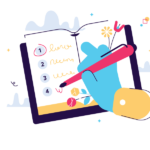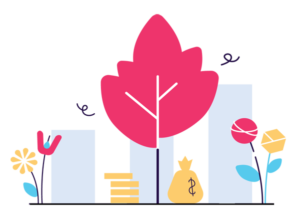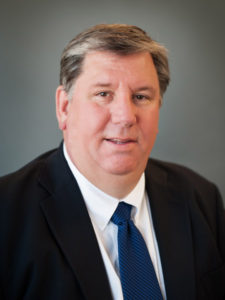Know how much money you are earning
If you’ve already received your first paycheck, you know that your check (net income) will not match the number you get when you multiply the hours you’ve worked by your hourly wage (gross income). Taxes are deducted from your earnings so the amount of your paycheck will be less than what you might have expected.
What other options do you have to earn income? Maybe you work in an industry where you can earn tips, receive an allowance or gifts from relatives, or have a side hustle where you can earn some extra cash?
Keep track of the money you have coming in for at least four months to determine your average monthly income. Now you’ve got the first part of your budget journey figured out.






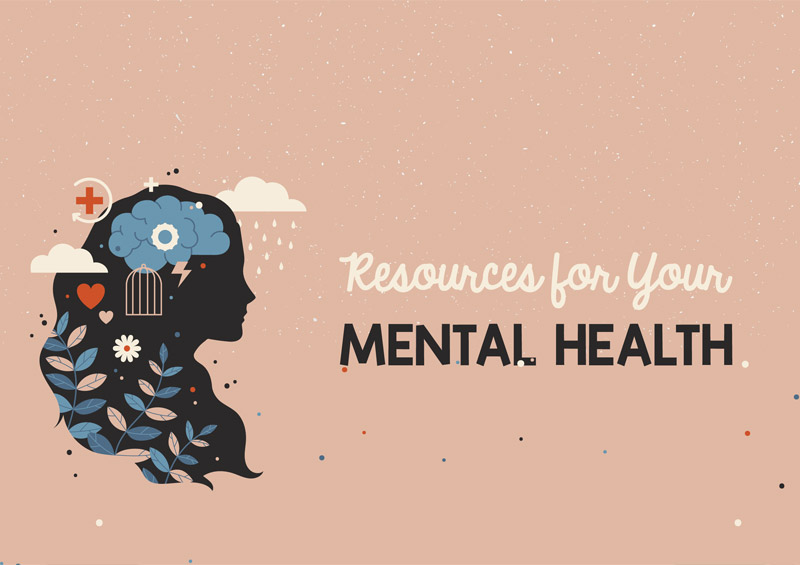


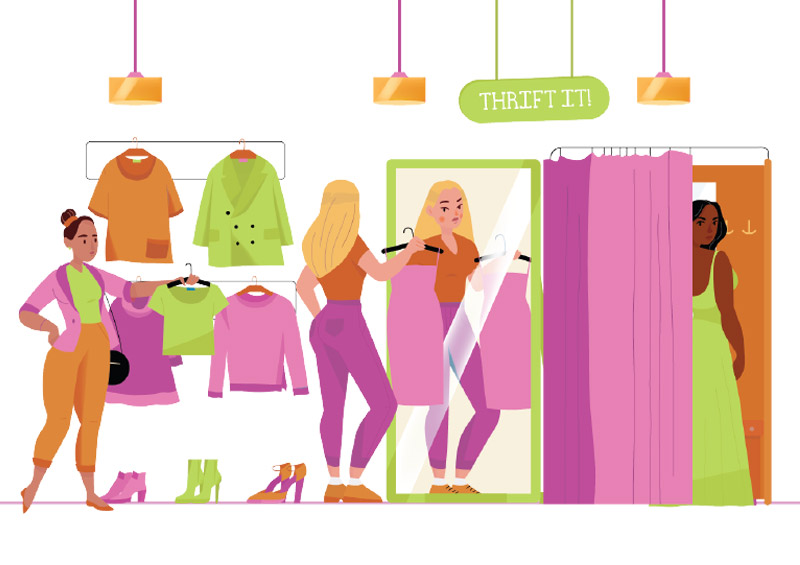





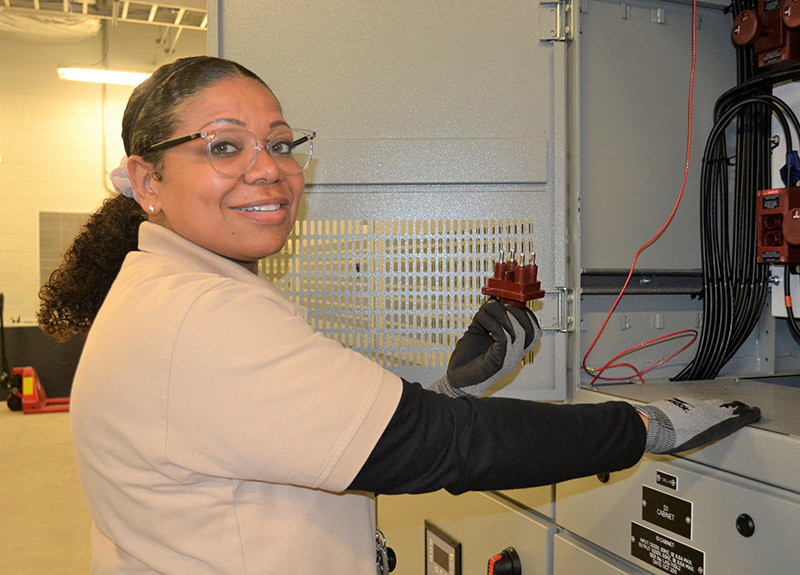

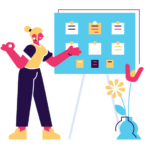 Subtract your expenses from your income each month. Any money you have left is your “discretionary income,” in other words, money you have to spend or save that month after your necessary expenses are taken care of. Next, think about how you want to use that money. Maybe you want to spend 50% of your leftover money on entertainment (movies, video games, etc.), 40% on food (coffee, eating out with friends, etc.) and save the remaining 10%.
Subtract your expenses from your income each month. Any money you have left is your “discretionary income,” in other words, money you have to spend or save that month after your necessary expenses are taken care of. Next, think about how you want to use that money. Maybe you want to spend 50% of your leftover money on entertainment (movies, video games, etc.), 40% on food (coffee, eating out with friends, etc.) and save the remaining 10%.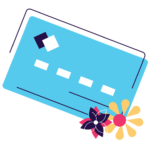 If you don’t want to carry a large amount of cash with you, use your debit card instead. Be careful, the debit card deducts the amount of your purchases from your account when you make the purchase. If you don’t have enough money in your account, the transaction will not go through. Should a debit card not work for you, try a prepaid debit card. These cards allow you to store a fixed amount on the card. As you make purchases, the balance reduces. This can be a helpful way to control your spending; once you’ve spent the balance you placed on the card for any given month, you won’t be able to go over your budget.
If you don’t want to carry a large amount of cash with you, use your debit card instead. Be careful, the debit card deducts the amount of your purchases from your account when you make the purchase. If you don’t have enough money in your account, the transaction will not go through. Should a debit card not work for you, try a prepaid debit card. These cards allow you to store a fixed amount on the card. As you make purchases, the balance reduces. This can be a helpful way to control your spending; once you’ve spent the balance you placed on the card for any given month, you won’t be able to go over your budget.